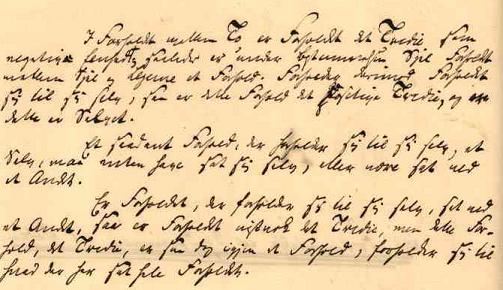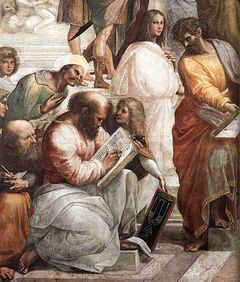Socrates (c. 470–399 BC) was a philosopher in ancient Greece. He was followed by Plato and then Aristotle. Socrates left no writings of his own; what we know of his ideas comes mainly from works such as Plato’s Apology of Socrates.
Knowledge of Ignorance
At the Temple of Delphi in Greece, the phrase Know thyself was inscribed — a saying that Socrates took deeply to heart.
Socrates also heard an oracle at Delphi proclaim that "Socrates is the wisest man." This puzzled him, because he believed he knew nothing.
Taking these two insights together, Socrates came to understand what is often called knowledge of ignorance. He engaged in dialogues with many people in search of genuine wisdom.

Socrates, unlike the sophists who only pretended to know, fully embraced his ignorance and made it a starting point for deeper inquiry.
The Method of Dialogue
Socrates engaged others in conversation so they could discover truth for themselves — a technique now known as the Socratic method.
Rather than trying to persuade directly, he would help his interlocutors uncover contradictions in their own thinking. In this sense, the method is sometimes called maieutics, or the art of midwifery.
Living a Good Life
Socrates emphasized aretē — meaning virtue or excellence — and taught that practicing aretē leads to true happiness.








